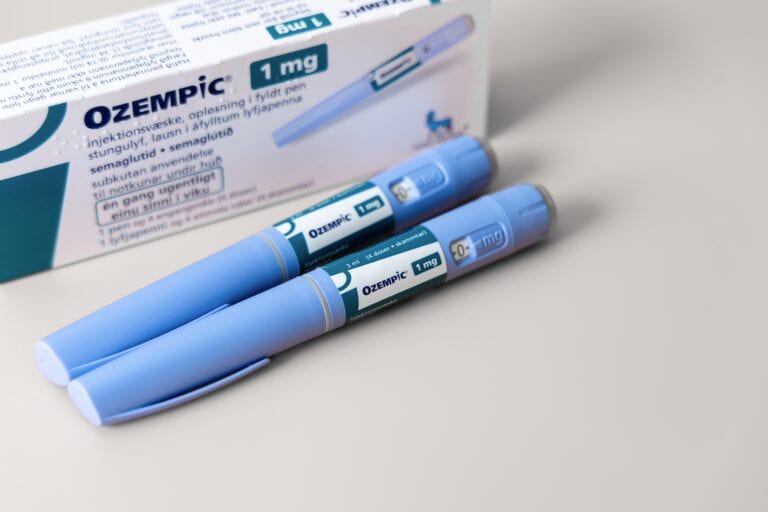*It is estimated that 14% of soldiers experience depression after deployment, and it is likely that this number is underreported as many don’t seek help.
How do middle-aged men know they have fallen into a depression? Are the symptoms any different from other individuals and age groups? Actually, they’re not. Common symptoms of depression can include a lack of motivation, difficulty concentrating, negative thinking and feeling sad or hopeless, fatigue, insomnia or sleeping too much, irritability and lack of interest in social activities.
Depressive episodes may range from mild to severe. Although depression occurs more often in women than men, male depression is a serious medical condition with more than six million men diagnosed with depression every year. If left undiagnosed or untreated, the consequences can be deadly—men in the U.S. are three to four times more likely to commit suicide than women.
Before we take a look at what can be done to alleviate male depression, let’s begin by identifying some common causes of depression.
Table of Contents
ToggleCauses of Depression
Depression is a complex mental health disorder that can be caused by one or more risk factors. A stressful situation like divorce or the death of a loved one, job loss and financial difficulties can trigger these thoughts and feelings. Depression can also occur concurrent with, or as a result of, other health issues like cancer, heart disease, diabetes and other illnesses. Men with a family history of depression may also be genetically predisposed to it.
Men often avoid speaking up about their feelings or symptoms. They think they have to “tough it out” and are worried about the stigma that sometimes goes with it. However, with a proper diagnosis and treatment plan—which can include psychological counseling, medication or both—depression can dramatically improve. Here are some additional skills that can help men cope with this disorder.
Relaxation
Depression can be a vicious cycle. Anxiety and stress can lead to disruptive sleep and exhaustion, which can trigger more stress and anxiety. One way to interrupt the cycle is to practice breathing and relaxation techniques or get involved in an activity that diverts your mind. Take some time off from work and spend it with your family and friends.
Realize Your Needs
Learn to identify your needs and what will make you happy. Identifying and understanding what you need that may be lacking in your life is a key step towards fulfilling them and gaining satisfaction.
Exercise
Exercise can help you tackle depressive thoughts. Research has shown that physical exercise and sunlight can help reduce depression. Breaking a sweat may help alleviate the symptom of depression. So hit the gym, walk, jog, swim, play tennis, take a hike in nature—whatever is doable for you.
Diet
If you’re dealing with depression, stay away from alcohol, soda, highly processed foods and caffeine, which can mess up your sleep. Instead, opt for foods high in antioxidants, vitamins and omega-3 fatty acids. These include fresh fruits and veggies, and protein-rich choices like fish, poultry, lean meat, low-fat cheese and yogurt.
Go easy on yourself. You can’t “think” your way out of depression, but you can incorporate a few positive thinking skills to help you get through it. Try to look for the good in every situation, stick to a routine and schedule one pleasurable activity every day. And spend time with the people who care about you. Eventually the fog of depression might lift. However, if changing your habits doesn’t seem to work for you or if you are in a severe depression, do not hesitate to talk to a mental healthcare professional. There is no weakness in asking for help and it could save your life.















